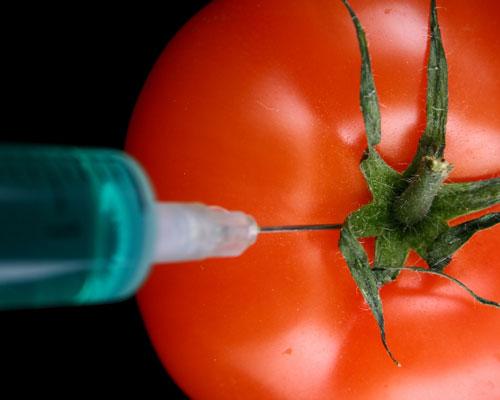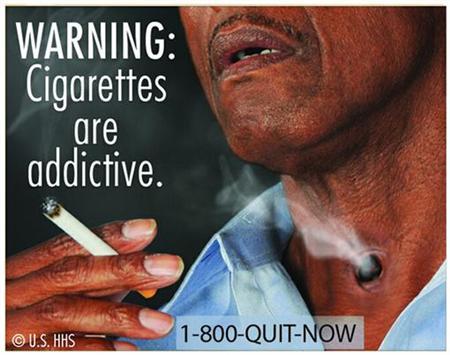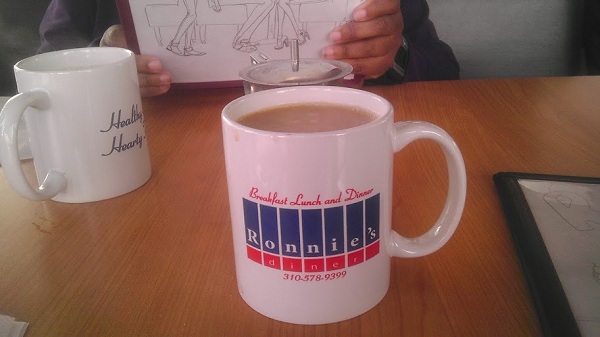Study: Genetically Modified Tomatoes to Aid in Heart Disease Prevention?
Posted onYes, according to a new study.
For the first time, genetically engineered tomato plants produced a peptide that mimics the actions of good cholesterol when eaten, researchers reported at the American Heart Association’s Scientific Sessions 2012.
In the study, mice that ate the freeze-dried, ground tomatoes had less inflammation and reduced atherosclerosis External link (plaque build-up in the arteries).
“We have found a new and practical way to make a peptide that acts like the main protein in good cholesterol, but is many times more effective and can be delivered by eating the plant,” said Alan M. Fogelman, M.D., senior author of the study and executive chair of the Department of Medicine and director of the Atherosclerosis Research Unit in the David Geffen School of Medicine at UCLA.
Researchers genetically engineered the tomatoes to produce 6F, a small peptide that mimics the action of ApoA-1, the chief protein in high density lipoprotein External link (HDL or “good” cholesterol). They fed the tomatoes to mice that lack the ability to remove low density lipoprotein (LDL or “bad” cholesterol) from their blood and readily develop inflammation and atherosclerosis when consuming a high-fat diet.
After the mice ate the tomatoes as 2.2 percent of their Western-style high-fat, calorie-packed diet, those given the peptide-enhanced tomatoes had significantly:
- lower blood levels of inflammation;
- higher paraoxonase activity, an anti-oxidant enzyme associated with good cholesterol and related to a lower risk of heart disease;
- higher levels of good cholesterol;
- decreased lysophosphatidic acid, a tumor promoter that accelerates plaque build-up in arteries in animal models; and
- less atherosclerotic plaque.
Great news and with voters deciding California Proposition 37 (GMO food labeling initiative), it paints a more positive light on the idea of science improving the foods that we eat.






